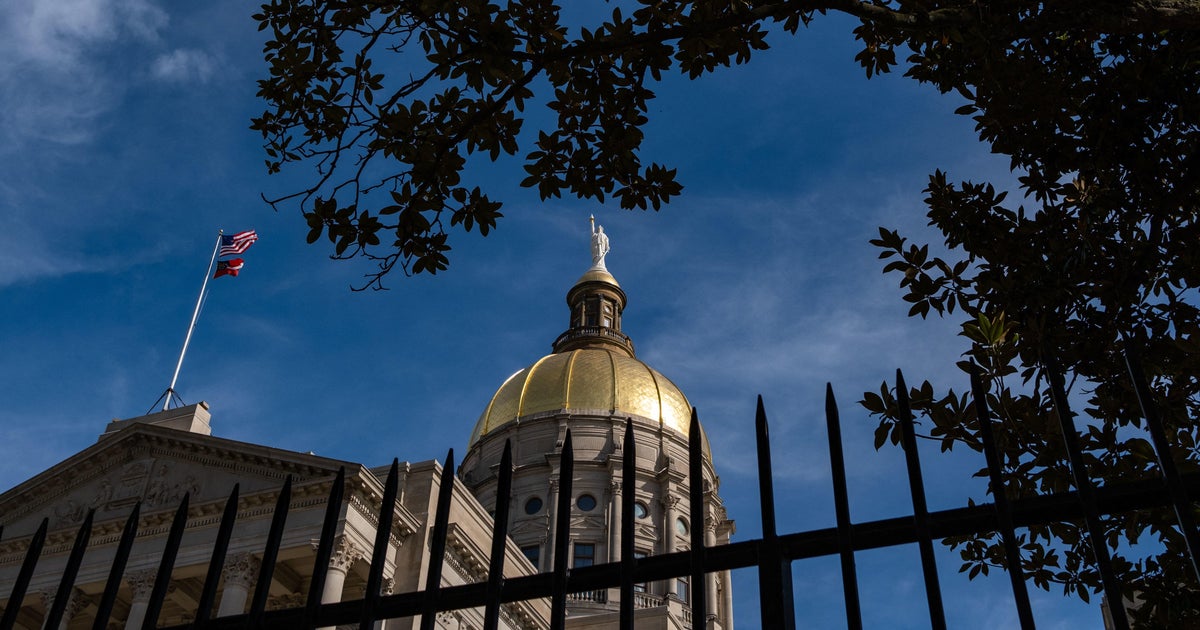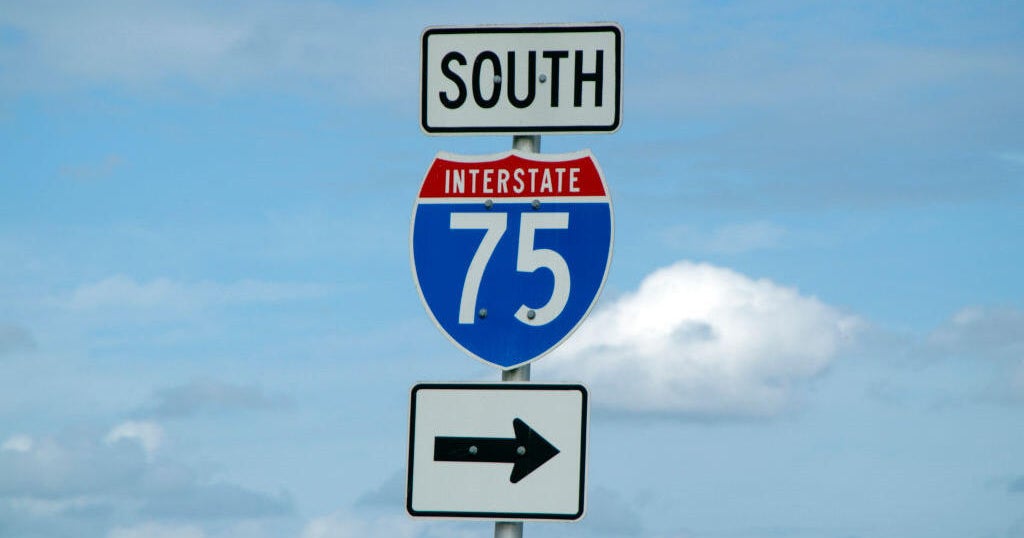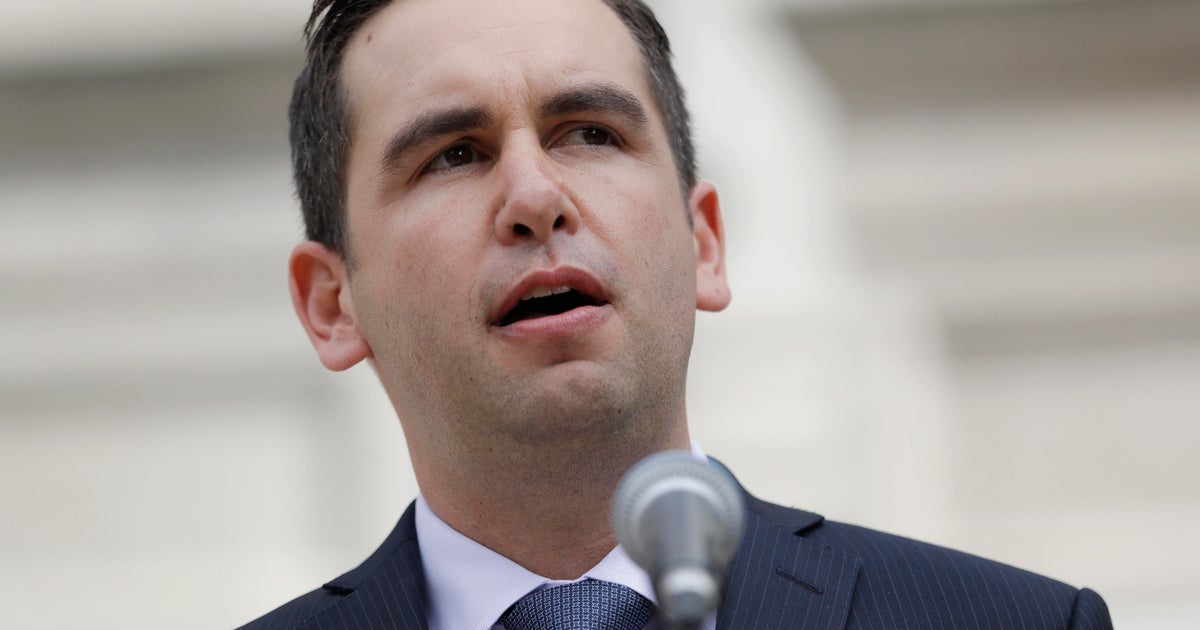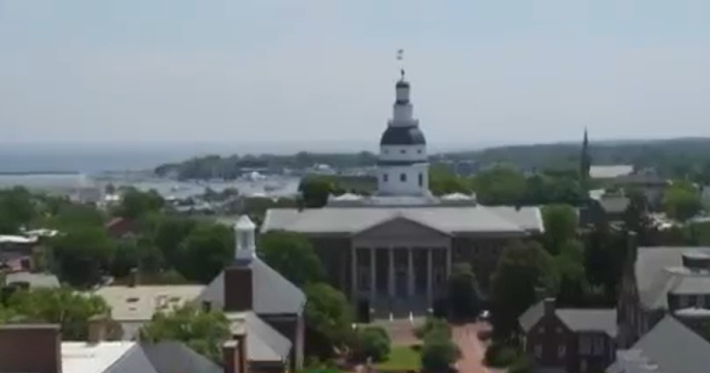The road to a property tax relief agreement for Texans
NORTH TEXAS (CBSNewsTexas.com) — After months of debate, a regular legislative session and two special sessions—there's finally an agreed upon plan to get Texans property tax relief and three bills are headed to Governor Greg Abbott's desk to sign.
It has been a major priority for state lawmakers this year. So why did it take so long to get to this point?
Below is a (condensed) retelling of the long, complicated road to this moment:
Property tax relief is the hot topic at the Texas Capitol, and it's been this way for more than a year.
Gov. Greg Abbott campaigned on the issue for his reelection last year. He wanted to spend half of the state's $33 billion budget surplus to reduce property taxes for businesses and homeowners.
But once the legislative session began in January, it became clear the House and Senate had two different visions to accomplish this goal.
By April, the showdown between the two chambers had intensified, with Lieutenant Governor Dan Patrick calling House Speaker Phelan, "California Dade." An interesting Twitter back-and-forth ensued.
When the regular session ended without an agreement at the end of May, Gov. Abbott immediately called lawmakers back.
On the first day of the first special session, both chambers passed different bills with different plans of attack:
The House plan reduced property tax rates for public schools and replaced that money with more state revenues, such as sales taxes. This is called compression.
The Senate bill also included compression, but increased the homestead exemption to $100,000 as well. This is something the House version did not do.
The standoff continued.
As this happened, other bills got caught in the crossfire. Gov. Abbott vetoed more than 70 bills in an effort to force lawmakers to come to an agreement on property taxes. And he threatened to keep calling special sessions until both sides came to an agreement.
He kept his word. The second special session began the same day the first one ended at the end of June.
But about a week into the second special session, there was a sign of progress. For the first time in more than a month, Lt. Gov. Patrick and Speaker Phelan met face-to-face.
And this week, the standoff ended as the two parties reached a deal. The agreement includes compression and an increase in the homestead exemption to $100,000 for most homeowners.
Texas lawmakers expect this will save homeowners between $2,600 to $3,000 in the first two years.
What's not a part of the deal?
Direct rebates for renters and giving teachers a raise as proposed by House Democrats. Texans still need to vote to approve the legislation in November.
Why is this such a hot topic?
In recent years, property values have increased significantly, driving up tax bills. Analysis from the Texas A&M University Real Estate Research Center shows that in 2022, the average home price in the DFW Metroplex was more than $484,000, a near 47% increase from just three years prior.







